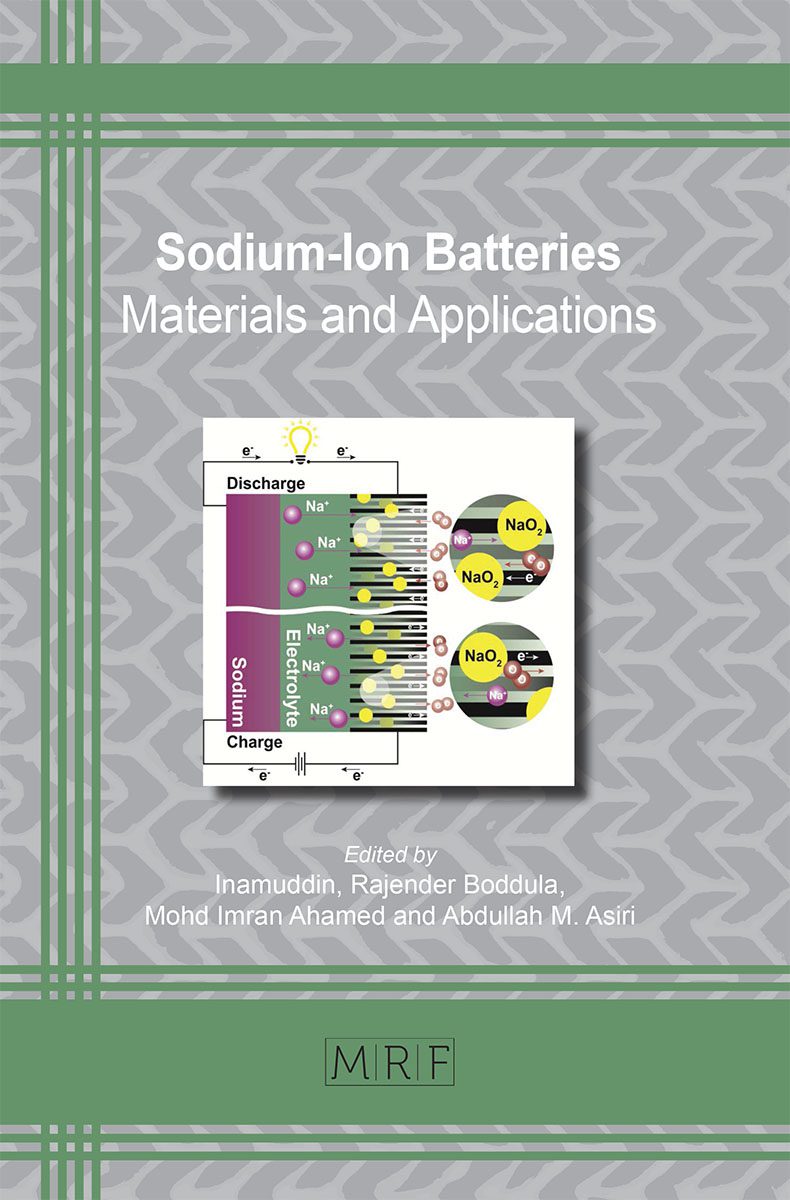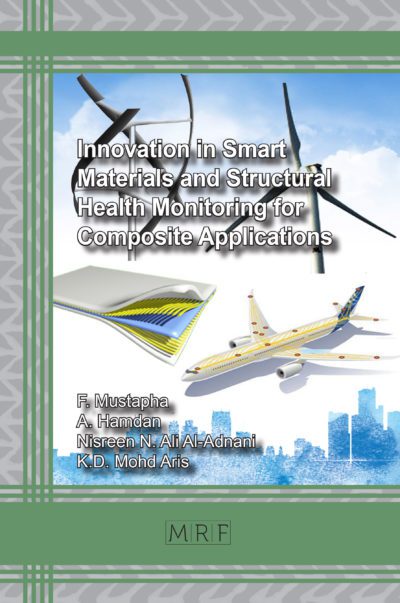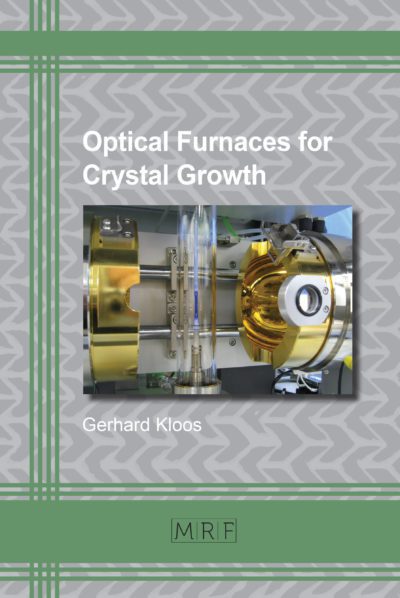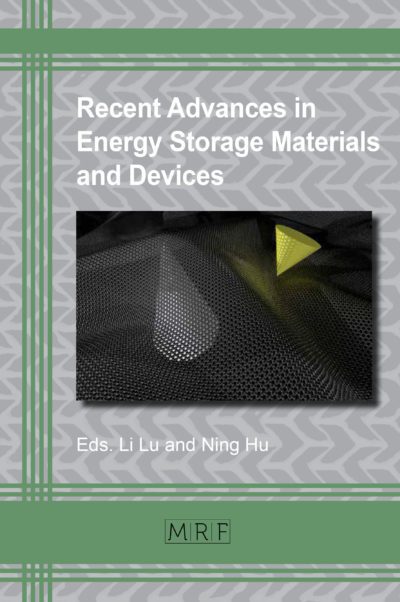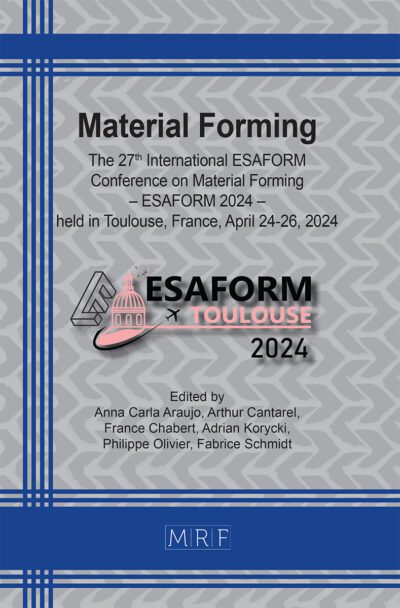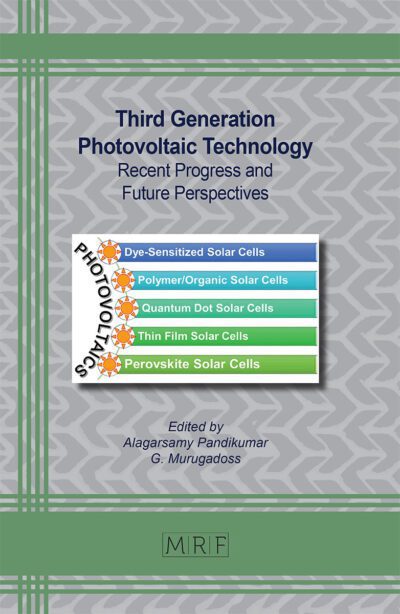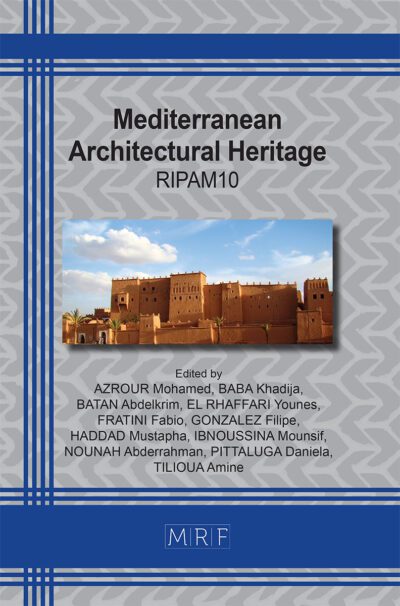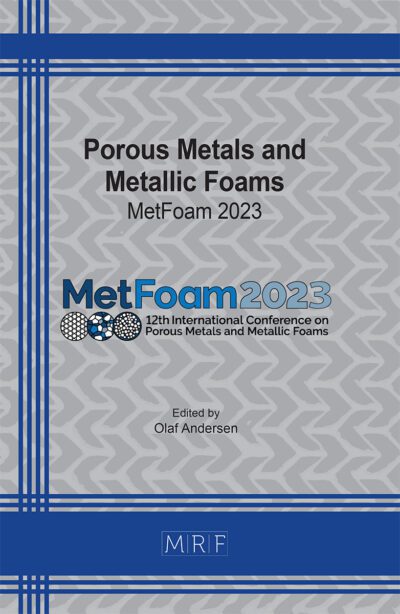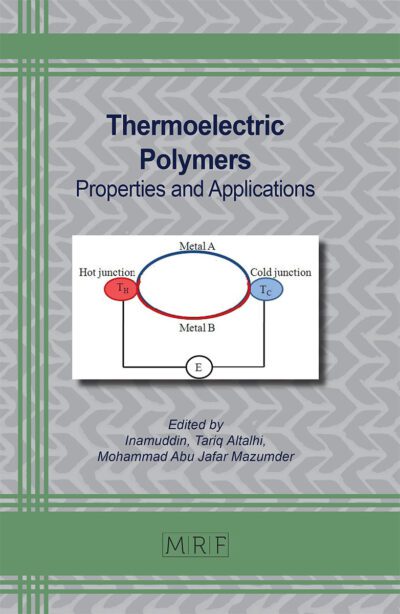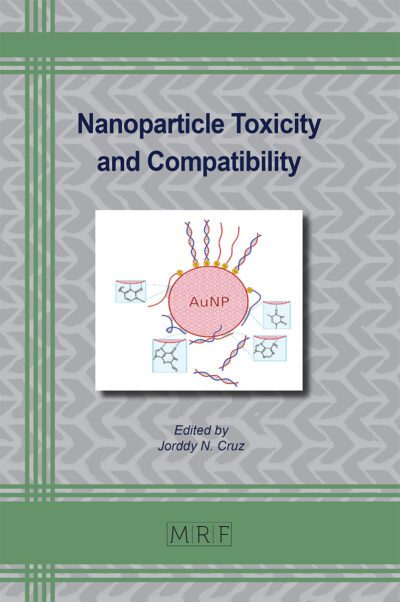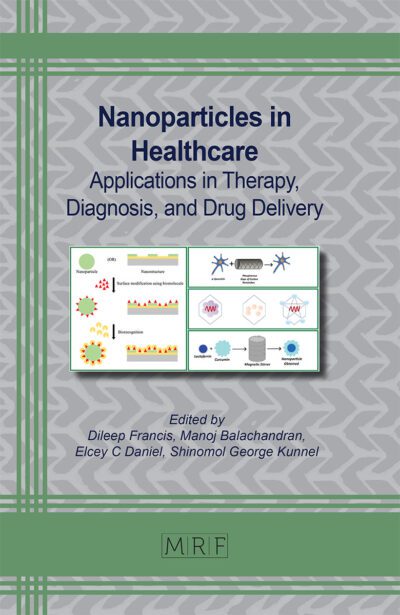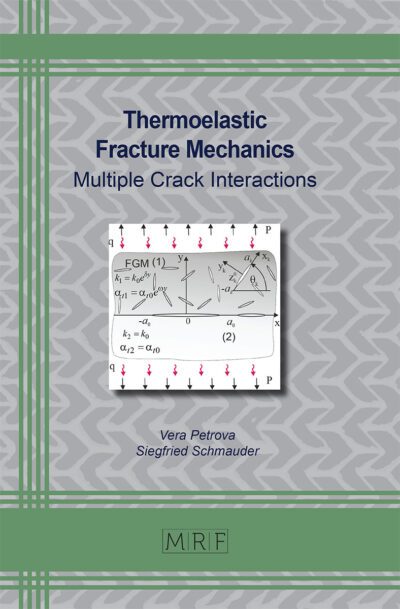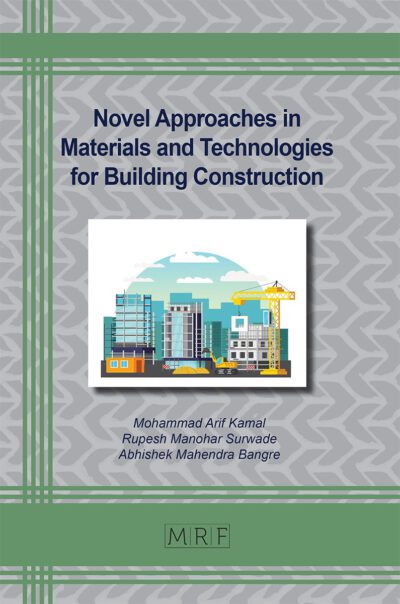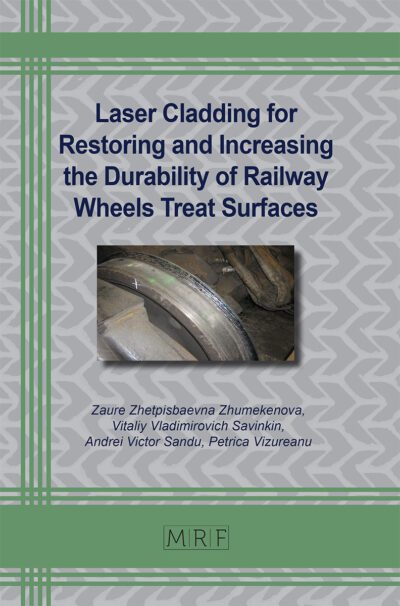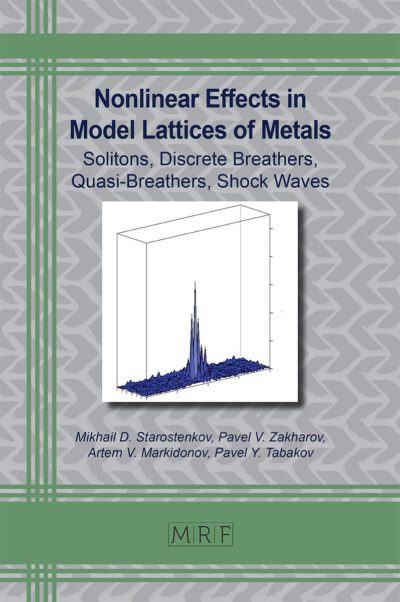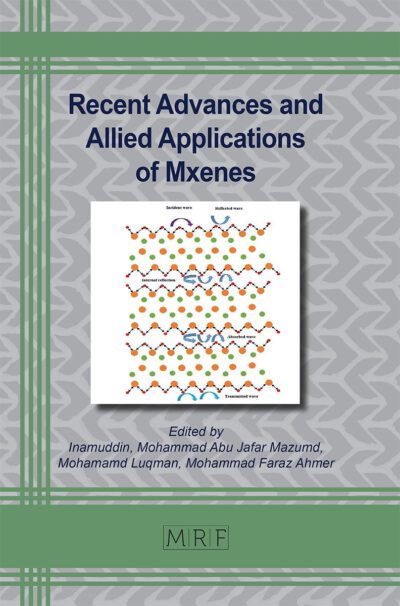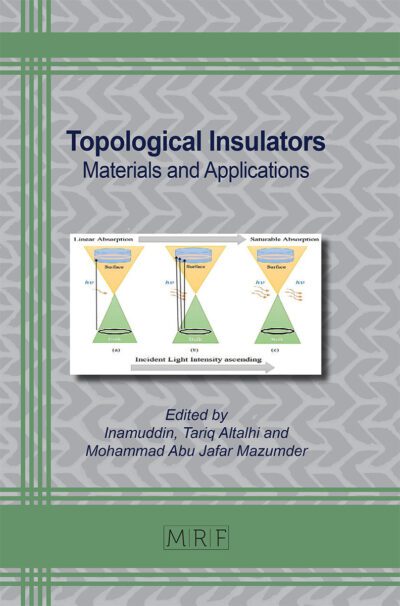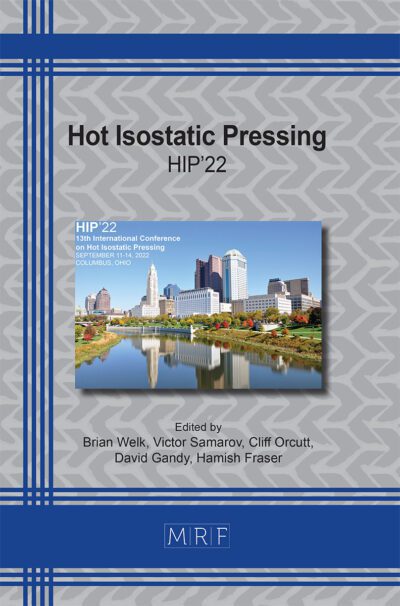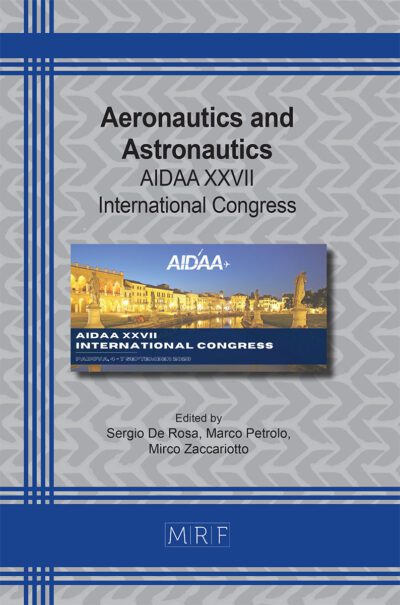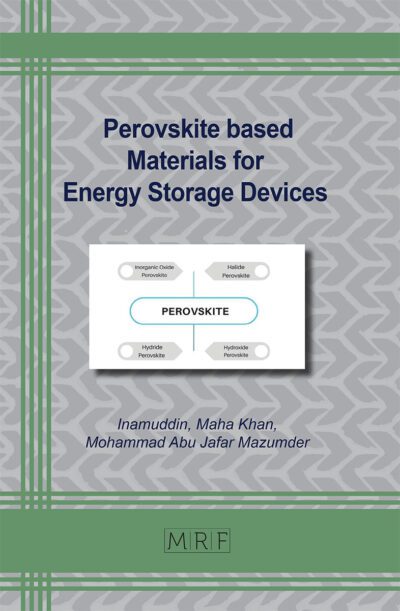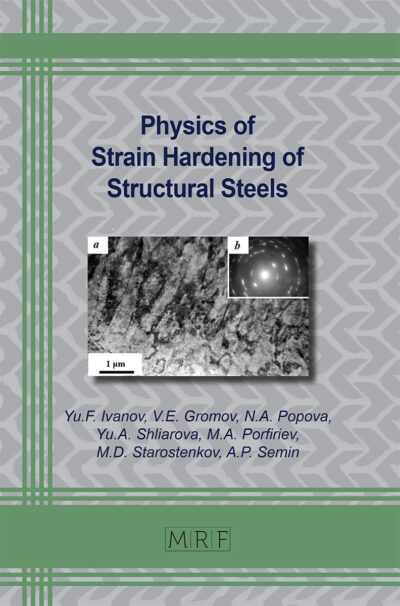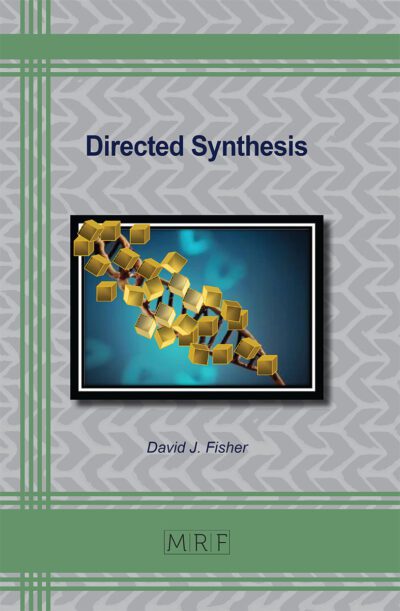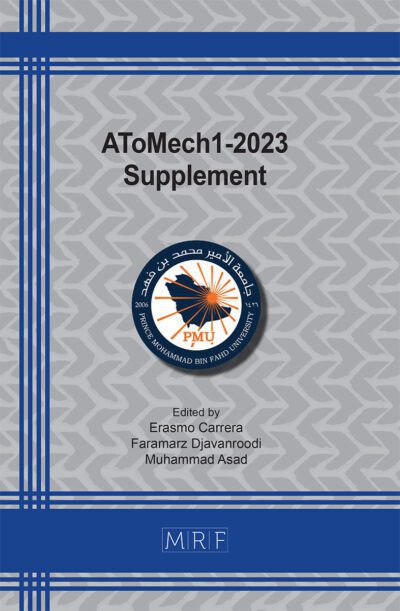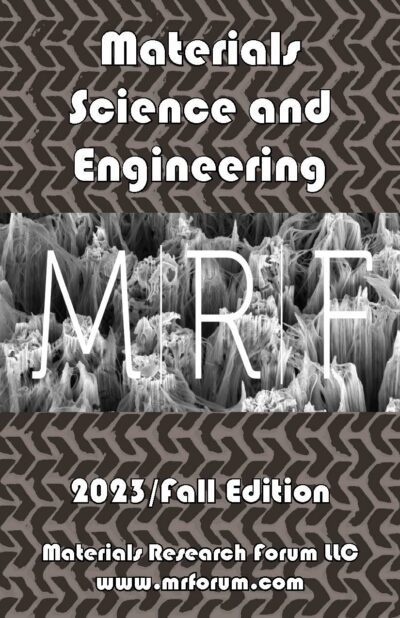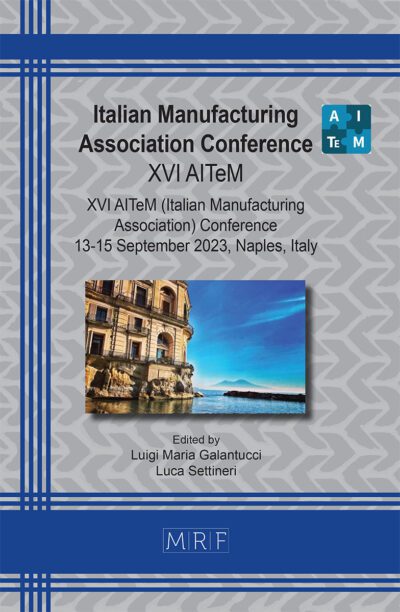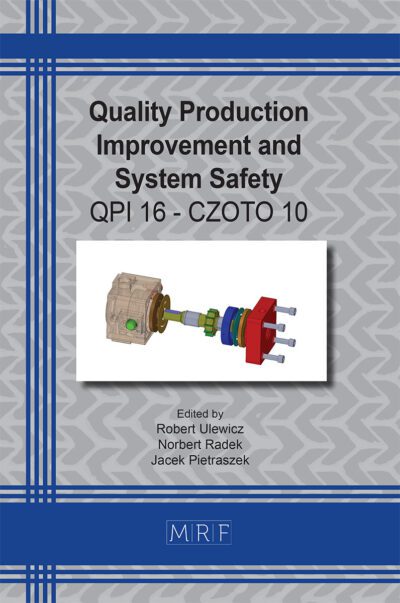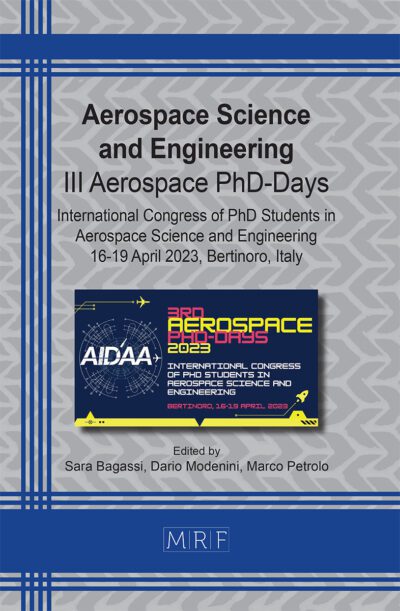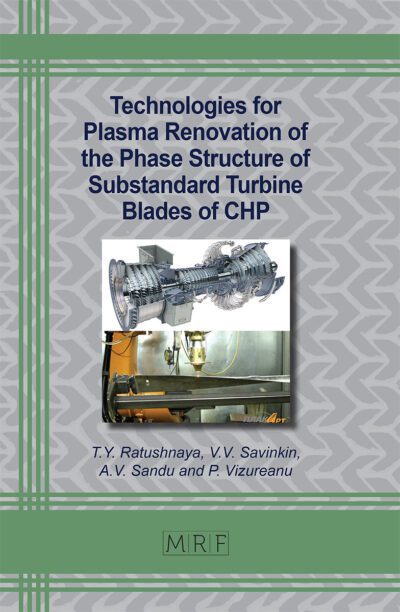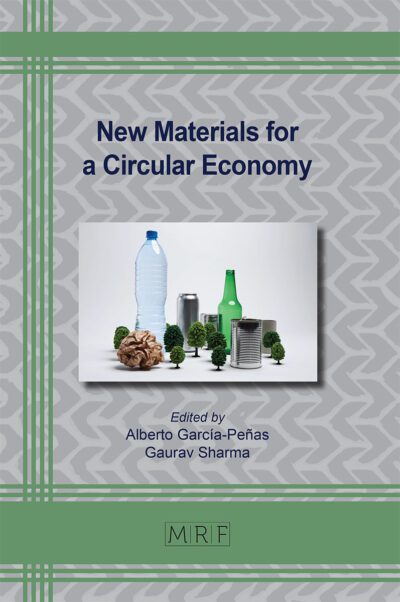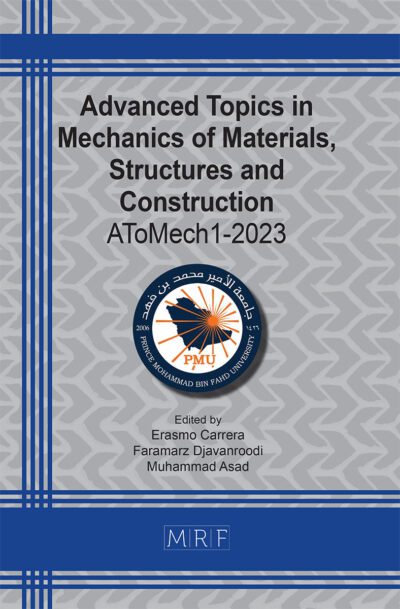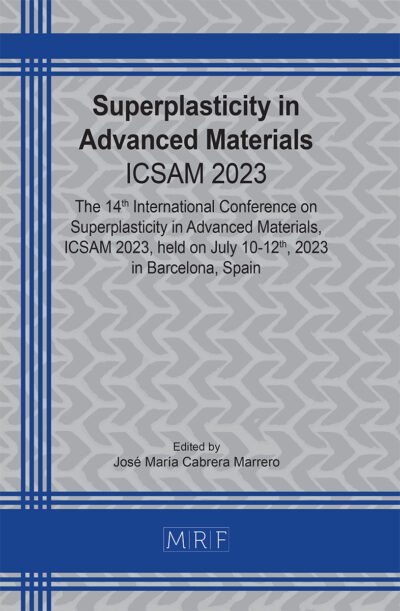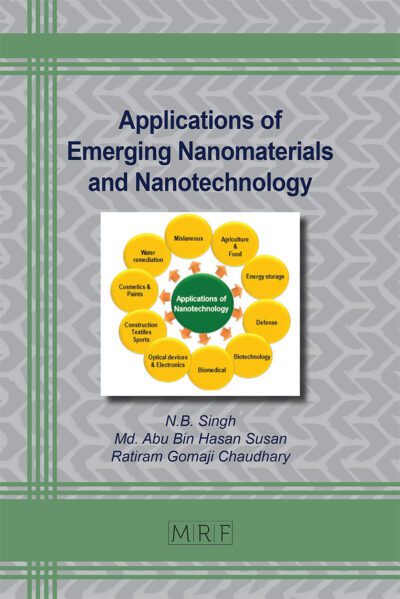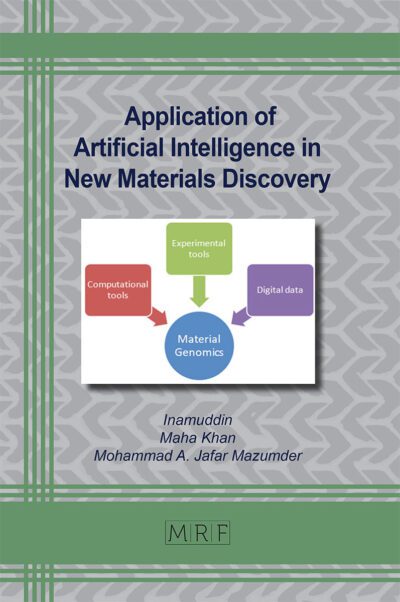Sodium-Ion Batteries
Materials and Applications
Eds. Inamuddin, Rajender Boddula, Mohd Imran Ahamed and Abdullah M. Asiri
Materials Research Foundations Vol. 76
Publication Date 2020, 278 Pages
Print ISBN 978-1-64490-082-6 (release date July, 2020)
ePDF ISBN 978-1-64490-083-3
DOI: 10.21741/9781644900833
Sodium-ion batteries are likely to be the next-generation power sources. They offer higher safety than lithium-ion batteries and, most important, sodium is available in unlimited abundance. The book covers the fundamental principles and applications of these batteries and reports experimental work on the use of electrolytes and different electrode materials, such as silicon, carbon, conducting polymers, and Mn- and Sn-based materials. Also discussed are state-of-the-art, future prospects and challenges in sodium-ion battery technology.
Keywords
Lithium-Ion Batteries, Carbon Nanofibers, Conducting Polymers, Electrode Materials, Electrolytes, Graphene, Carbon Anodes, Magnetic Nanomaterials, Mn-based Materials, Sn-based Materials, Na-O2 Batteries, NASICON Electrodes, Organic Electrodes, Polyacetylene, Polyaniline, Polyphenylene, Redox Mediators, Reversible Capacity, Singlet Oxygen, Superoxide Stability
flyer
Table of Contents
NASICON Electrodes for Sodium-Ion Batteries
Rekha Sharma, Sapna, Kritika S. Sharma and Dinesh Kumar
Carbon Anodes for Sodium-Ion Batteries
Syed Mustansar Abbas, Muhammad Iftikhar, Ata-ur-Rehman
Organic Electrode Material for Sodium-Ion Batteries
Aneela Sabir, Tahmina Zia, Muhammad Usman, Muhammad Shafiq, Rafi Ullah Khan, Karl I Jacob, Rajender Boddula
Alloys for Sodium-Ion Batteries
Vaishali Tomar, Ankita Dhillon, Kritika S. Sharma and Dinesh Kumar
Mn-Based Materials for Sodium-Ion Batteries
N. Suresh Kumar, R. Padma Suvarna, S. Ramesh, D. Baba Basha, K. Srinivas, K. Chandra Babu Naidu
Tin-Based Materials for Sodium-Ion Batteries
Bhawana Jain, Ajaya K. Singh, Md. Abu Bin Hasan Susan
Conducting Polymer Electrodes for Sodium-Ion Batteries
Shubham Singh, Sheenam Thatai, Parul Khurana, Christine Jeyaseelan and Dinesh Kumar
Recent Progress in Electrode Materials for Sodium Ion Batteries
Mesut Yıldız, Haydar Göksu, Husnu Gerengi, Kubilay Arıkan, Mohd Imran Ahamed, Fatih Şen
Electrolytes for Na-O2 Batteries: Towards a Rational Design
Iñigo Lozano, Idoia Ruiz de Larramendi, Nagore Ortiz-Vitoriano
State-of-the-Art, Future Prospects and Challenges in Sodium-Ion Battery Technology
Kritika S. Sharma, Vaishali Tomar, Rekha Sharma and Dinesh Kumar
Conducting Polymers for Sodium-Ion Batteries
Suzhe Liang, Yonggao Xia, Peter Müller-Buschbaum, Ya-Jun Cheng
Google Preview
Related Links
https://en.wikipedia.org/wiki/Sodium-ion_battery
About the Author
Dr. Inamuddin is currently working as Assistant Professor in the Chemistry Department, Faculty of Science, King Abdulaziz University, Jeddah, Saudi Arabia. He is a permanent faculty member (Assistant Professor) at the Department of Applied Chemistry, Aligarh Muslim University, Aligarh, India. He obtained Master of Science degree in Organic Chemistry from Chaudhary Charan Singh (CCS) University, Meerut, India, in 2002. He received his Master of Philosophy and Doctor of Philosophy degrees in Applied Chemistry from Aligarh Muslim University (AMU), India, in 2004 and 2007, respectively. He has extensive research experience in multidisciplinary fields of Analytical Chemistry, Materials Chemistry, and Electrochemistry and, more specifically, Renewable Energy and Environment. He has worked on different research projects as project fellow and senior research fellow funded by University Grants Commission (UGC), Government of India, and Council of Scientific and Industrial Research (CSIR), Government of India. He has received Fast Track Young Scientist Award from the Department of Science and Technology, India, to work in the area of bending actuators and artificial muscles. He has completed four major research projects sanctioned by University Grant Commission, Department of Science and Technology, Council of Scientific and Industrial Research, and Council of Science and Technology, India. He has published 162 research articles in international journals of repute and eighteen book chapters in knowledge-based book editions published by renowned international publishers. He has published 80 edited books with Springer (U.K.), Elsevier, Nova Science Publishers, Inc. (U.S.A.), CRC Press Taylor & Francis Asia Pacific, Trans Tech Publications Ltd. (Switzerland), IntechOpen Limited (U.K.), and Materials Research Forum LLC (U.S.A). He is a member of various journals’ editorial boards. He is also serving as Associate Editor for journals (Environmental Chemistry Letter, Applied Water Science and Euro-Mediterranean Journal for Environmental Integration, Springer-Nature), Frontiers Section Editor (Current Analytical Chemistry, Bentham Science Publishers), Editorial Board Member (Scientific Reports-Nature), Editor (Eurasian Journal of Analytical Chemistry), and Review Editor (Frontiers in Chemistry, Frontiers, U.K.). He is also guest-editing various special thematic special issues to the journals of Elsevier, Bentham Science Publishers, and John Wiley & Sons, Inc. He has attended as well as chaired sessions in various international and national conferences. He has worked as a Postdoctoral Fellow, leading a research team at the Creative Research Initiative Center for Bio-Artificial Muscle, Hanyang University, South Korea, in the field of renewable energy, especially biofuel cells. He has also worked as a Postdoctoral Fellow at the Center of Research Excellence in Renewable Energy, King Fahd University of Petroleum and Minerals, Saudi Arabia, in the field of polymer electrolyte membrane fuel cells and computational fluid dynamics of polymer electrolyte membrane fuel cells. He is a life member of the Journal of the Indian Chemical Society. His research interest includes ion exchange materials, a sensor for heavy metal ions, biofuel cells, supercapacitors and bending actuators.
Dr. Rajender Boddula is currently working as Chinese Academy of Sciences-President’s International Fellowship Initiative (CAS-PIFI) at National Center for Nanoscience and Technology (NCNST, Beijing). His academic honors include University Grants Commission National Fellowship and many merit scholarships, study-abroad fellowships from Australian Endeavour Research fellowship and CAS-PIFI. He has published many scientific articles in international peer-reviewed journals and has authored six book chapters, and also serving as editorial board member and referee for reputed international peer-reviewed journals. He has published edited books with Springer, United Kingdom, Elsevier, CRC Press Taylor & Francis Asia Pacific and Materials Research Forum LLC, U.S.A. His specialized areas of energy conversion and storage, which include nanomaterials, graphene, polymer composites, heterogeneous catalysis, photoelectrocatalytic water splitting, biofuel cell, and supercapacitors.
Dr. Mohd Imran Ahamed received his Ph.D degree on the topic “Synthesis and characterization of inorganic-organic composite heavy metals selective cation-exchangers and their analytical applications”, from Aligarh Muslim University, Aligarh, India in 2019. He has published several research and review articles in the journals of international recognition. He has also edited various books which are published by Springer, CRC Press Taylor & Francis Asia Pacific and Materials Research Forum LLC, U.S.A. He has completed his B.Sc. (Hons) Chemistry from Aligarh Muslim University, Aligarh, India, and M.Sc. (Organic Chemistry) from Dr. Bhimrao Ambedkar University, Agra, India. His research work includes ion-exchange chromatography, wastewater treatment, and analysis, bending actuator and electrospinning.
Prof. Abdullah M. Asiri is the Head of the Chemistry Department at King Abdulaziz University since October 2009 and he is the founder and the Director of the Center of Excellence for Advanced Materials Research (CEAMR) since 2010 till date. He is the Professor of Organic Photochemistry. He graduated from King Abdulaziz University (KAU) with B.Sc. in Chemistry in 1990 and a Ph.D. from University of Wales, College of Cardiff, U.K. in 1995. His research interest covers color chemistry, synthesis of novel photochromic and thermochromic systems, synthesis of novel coloring matters and dyeing of textiles, materials chemistry, nanochemistry and nanotechnology, polymers and plastics. Prof. Asiri is the principal supervisors of more than 20 M.Sc. and six Ph.D. theses. He is the main author of ten books of different chemistry disciplines. Prof. Asiri is the Editor-in-Chief of King Abdulaziz University Journal of Science. A major achievement of Prof. Asiri is the discovery of tribochromic compounds, a new class of compounds which change from slightly or colorless to deep colored when subjected to small pressure or when grind. This discovery was introduced to the scientific community as a new terminology published by IUPAC in 2000. This discovery was awarded a patent from European Patent office and from UK patent. Prof. Asiri involved in many committees at the KAU level and on the national level. He took a major role in the advanced materials committee working for KACST to identify the national plan for science and technology in 2007. Prof. Asiri played a major role in advancing the chemistry education and research in KAU. He has been awarded the best researchers from KAU for the past five years. He also awarded the Young Scientist Award from the Saudi Chemical Society in 2009 and also the first prize for the distinction in science from the Saudi Chemical Society in 2012. He also received a recognition certificate from the American Chemical Society (Gulf region Chapter) for the advancement of chemical science in the Kingdome. He received a Scopus certificate for the most publishing scientist in Saudi Arabia in chemistry in 2008. He is also a member of the editorial board of various journals of international repute. He is the Vice- President of Saudi Chemical Society (Western Province Branch). He holds four USA patents, more than one thousand publications in international journals, several book chapters and edited books.

